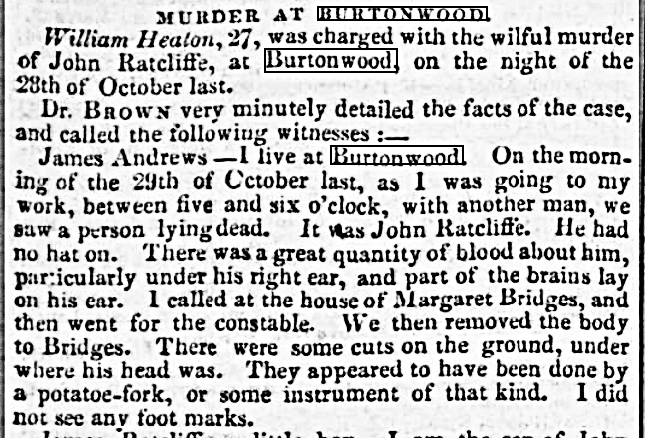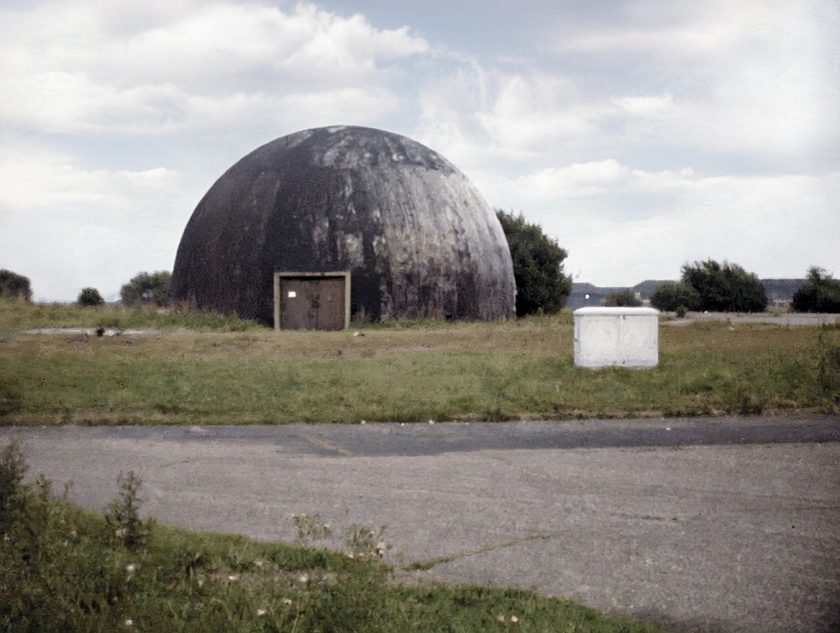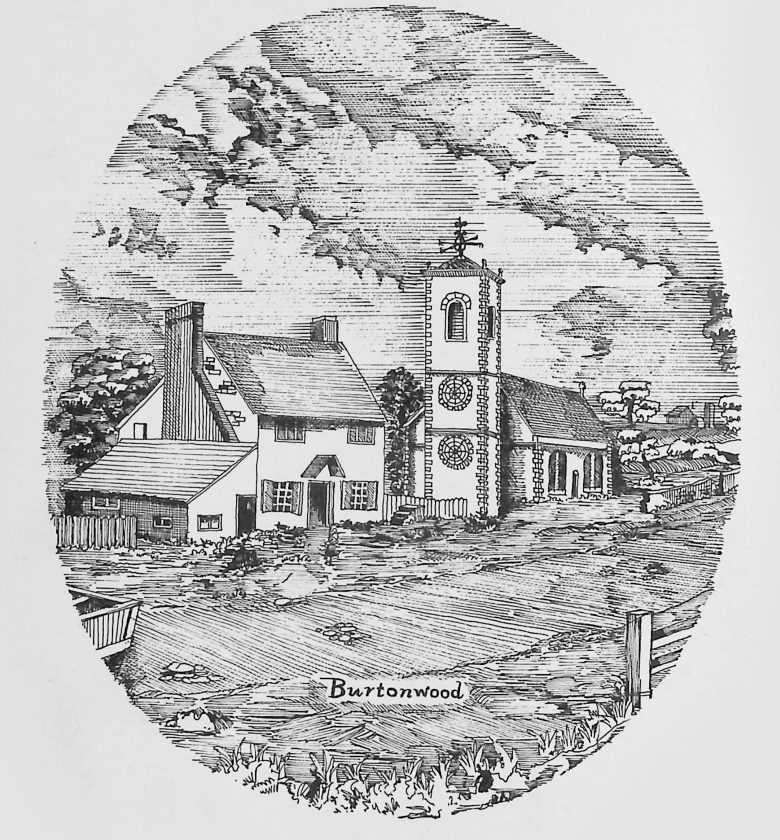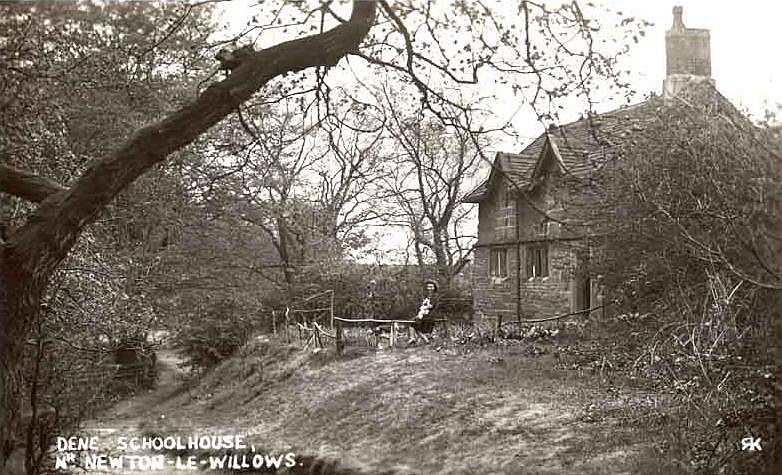LANCASTER SPRING ASSIZES. CROWN COURT, Friday, 13 March 1832.
William Heaton, 27, was charged with the wilful murder of John Ratcliffe, at Burtonwood, on the night the 28th of October last.
Dr Brown very minutely detailed the facts of the case, and called the following witnesses:
James Andrews: I live at Burtonwood. On the morning of the of October last, as was going to my work, between five and six o’clock, with another man, we saw person lying dead. John Ratcliffe. had no hat on. There was a great quantity of blood about him, particularly under his right ear, and part of the brains lay on his ear.
I called at the house of Margaret Bridges, and then went for the constable. then removed the body to Bridges.
There were some cuts on the ground, under where his head was. They appeared to have been done by potato-fork, or some instrument that kind. I did not see any foot marks.
James Ratcliffe, a little boy: “l am the son of John Ratcliffe, who was killed. My father lived Warrington; I live at Burtonwood. I remember my father coming there on Friday night, about eight o’clock. went away about half-past eight o’clock”.
Said “My grandmother gave him threepence, to bring her two plates from Warrington. He was quite sober when he left. My father used to carry tobacco-box, and two knives. He had only one hand, and generally put the stump of the other in his jacket pocket”.
Said “I know the prisoner; He lived at that time with his mother, but got his meals at Martha Lawson’s, at Burtonwood”.
Said “I saw him that night about ten o’clock. He asked my uncle whether his (the prisoner’s) brother had been with him”. My uncle said he had. Prisoner sat down, and asked my uncle to give him a long pipe, He put some tobacco into it, and smoking part of it,
he said, “I’d like to have been in a skirmish the night before last.”
said “Who with, Will?” and he gave me no answer.
I asked “Why thou’st either got a black eye, or thou’st a scab at the side of thy nose.”
He said, “No, it was dirt”.
said, “is not, Will, it’s two scabs.”
A candle was on the table, and so for satisfaction, I took the candle and looked at the prisoner’s face.
I said, “Why, William, its clotted blood,” and pointed the places, and touched each of them. He blushed as red as could be.
He said, “Oh! I’ve fallen over Charles Hindly’s wheelbarrow and scratched my hand upon the cinders.”
said “He showed me his right hand, which was all over blood. I could see no scars upon it, but the blood glistened”.
said “He stopped about quarter of hour, and then went out, saying would go home, and go to bed. he slept at Lawson’s. He had on a white straw hat, and a fustian coat, when he went away. When my father left home, he had a pair of new soled boots; but when saw his body they were gone”.
Isaac Lawson: “l am the son of Martha Lawson, the prisoner’s sister. I live with my parents in Hindley’s Row; the prisoner lodged with us. Betty Bates lives in the same Row. I was there on the evening of the 28th of October”.
Said “The prisoner came and called me out, and he asked whether 1 would swap him hats; mine was old covered one, and his was straw. We had swapped several times before”.
Isaac To the Judge: “It true we did change hats.”
Betty Bates: “Isaac Lawson came to my house on the 2ßth October, with a black hat on. He was called out between seven and eight o’clock. He came back about two minutes after with white straw hat on. I saw the prisoner shortly previous with a white straw hat on. He was going towards old Ratcliffe’s (deceased) house”.
Peter Bolden: “I lived in Burtonwood on the October 28th, I went out of the house about eight the evening. I met a man rather tall. Observed that he wore a low crowned hat, dark coloured. About twenty yards further, met John Ratcliffe, the deceased. The man he had first met was about the size of the prisoner. It was rather dark”.
Peter Tarbuck: “I am a shoemaker, and I live next to the chapel, Burtonwood. The prisoner was at my house on the October 28th, and also the next morning, between eight and nine o’clock. I asked him if he had heard of John Ratcliffe being killed. he was then well known in the neighbourhood”.
He said, “they had been telling him at Hindley’s Row”.
He asked, “if I thought the poachers had done it?”
The deceased had been a gamekeeper.
I said, “But thou’rt sure more than one has done it.”
Said “He sat a little while, and the constable and two others came and knocked at the door, I put my head out of the window, and heard them asking for William Heaton”.
I said, “Will, they’re talking about thee.”
Said “I had opened the door, and he saw them. He asked me to come back in and shut the door”.
I said, “I won’t, you must go out; they’ll think it’s thee that has done it.”
Said “Prisoner watched them go into the alehouse, and then he crept out of my shop door, jumped over the pig-stye, and went into the street”.
Said “I went out, saw Robinson, and told him; they followed the prisoner, and took him into custody”.
Robert Davis, constable of Warrington: stated, that he received information of the murder on the October, said “I went to Dallam Lane, where the body was found, before the prisoner was taken into custody. There was great quantity of blood in the lane, and I observed several marks on the ground near where the blood was. They were from four to six inches in length, and rather deep. Had seen the body before. On searching the body, found three penny pieces, and a key, in the pockets. Observed that his boots shoes had been taken of, and thought they had been cut off, there was slight incision on the instep”.
Said “Afterwards went to Burtonwood, in search of the prisoner, with two other persons. Went the house of Mary Pownall (prisoners’ sister) and got a potato-fork. There were two of them, and any person might see them.”
Said “I found marks of blood on both the prong and on the handle”.
Said “I apprehended the prisoner, and told him he was suspected of murder, to which said nothing. Took the prisoner to the place where the murder was committed; I observed the impression of a shoe, about three yards from the blood. Took off the prisoner’s shoe and found that it did not fit; then took off the other, and found it fitted exactly. There were also marks, which had been made by a potato-fork, and tried that found in the house of the prisoner’s sister, and it fitted exactly”.
The fork was produced; it was a common potato-fork.
Mr. Kellet, the surgeon: said that he examined the body; “the wounds inflicted upon the deceased must have been caused by an instrument such the fork produced”.
Mr Knowles for the prisoner, called two witnesses one of whom (the prisoner’s brother-in-law) said, he had seen the prisoner at half-past eight, and again nine, on the night of the murder, at a public house in the neighbourhood.
A second witness gave him (Prisoner) a good character.
The prisoner, when called upon for his defence, said he had been at home from half-past 8 to half-past 9 on the night in question, and then gone to Ratcliffe’s. He asserted he knew nothing about the murder.
George Lawson stated that the prisoner lived in his house. On the night of Friday, the 28th of October, he saw prisoner standing at the door. Witness went away, and returned in an hour. Prisoner came into the house just after.
Cross-examined.—Had not seen prisoner from half-past 8 till half-past 9.
Mr. Justice ALDERSON summed up the case with great attention. He observed, that this was purely a case of circumstantial evidence, and the jury must guard against that propensity which ingenious minds always feel in such cases, to make the circumstances fit together so as to enforce conviction. At the same time, if they felt the force of the evidence to be such as to leave no doubt on their minds, then their duty to the country required that they should find a verdict of guilty.
The Jury deliberated some time, and then pronounced the prisoner Guilty.
The learned JUDGE forthwith sentenced the prisoner to be hanged on Monday next.
Manchester Courier – Saturday 17 March 1832



